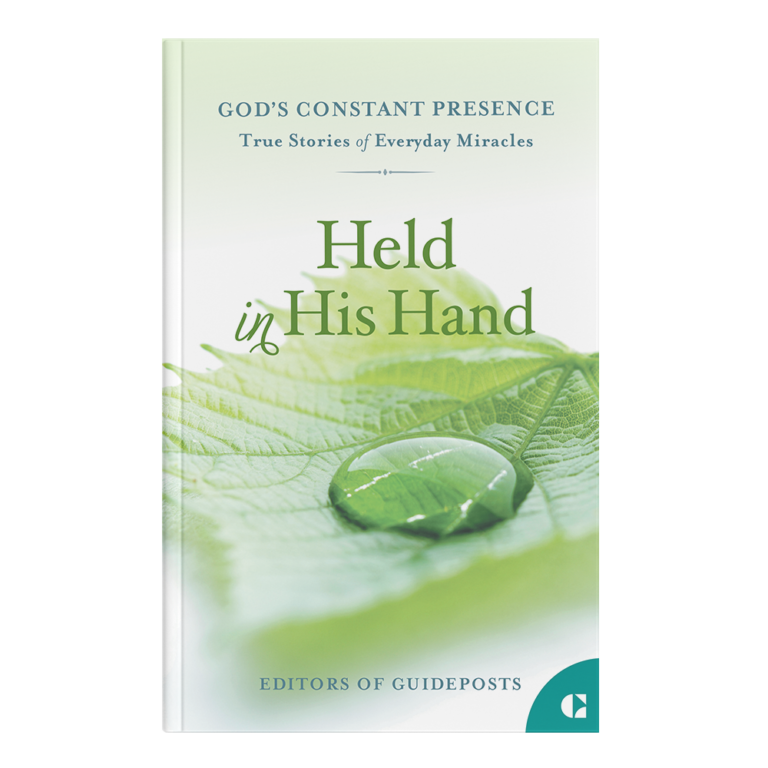What kind of pastor hates prayer meetings?
My kind, I guess.
I became a committed follower of Jesus in the ‘70s and was ordained to the ministry in 1980. And in those dozens of years, I have attended many prayer meetings—hundreds, perhaps even thousands—in my own church and at other churches. And I hated almost every one.
Why? Because most of them were not “prayer meetings.” They were “talk-about-prayer meetings.”
You arrive, maybe pour a cup of coffee or tea, and sit with the others in the room. Soon, someone speaks up. He or she may read from the Bible or may begin the meeting with a prayer. And then the sharing begins. Someone in the group asks everyone to pray for a health concern or a wayward child. Someone else catalogs an array of financial problems and family concerns. Another asks for prayer support in finding a job, and so on.
And the whole time the “sharing” is going on, I am thinking, Let’s pray, then. But most of the prayer meetings I attended—and even led, at times, to be honest—involved a lot of “sharing prayer concerns” and only a few (often awkward) moments of actual praying. Sometimes the sharing went on so long that the person leading the meeting encouraged attendees to “continue in prayer” after the meeting ended. And, almost invariably, I would leave frustrated, even aggravated.
Don’t get me wrong—I felt true compassion for and empathy with the burdens people shared in those moments, and sometimes even “continued in prayer” beyond the meeting time. But I wondered why we usually settled for “talk-about-prayer meetings” instead of “prayer meetings.”
So one day, as a lead pastor in a growing church, I decided to set an example. We had always started our weekly staff meetings with prayer, but I took a different tack. I scheduled a “prayer meeting” for the morning hour before the start of our staff meeting, and told everyone that attendance was completely voluntary. I also explained that we wouldn’t start the morning prayer time with chatting or “sharing of concerns.” I told everyone to enter in silence and, if they spoke aloud at all, not to speak to each other but to God (though reading of scripture aloud was also encouraged). Finally, I assured everyone that a timer would be set on my smart phone for five minutes before the start time for staff meeting so that no one would have to watch the clock.
I loved it.
Sometimes the youth pastor’s squirming was a little distracting. Sometimes we spent more time in silence than in praying aloud (though those moments may have been more productive than all others). And I know that it took some of my colleagues a while to adjust to the format—or lack of format. But we prayed—sometimes in groans or tears. And sometimes, after our prayer meeting ended, we would ask someone to explain or amplify something he or she prayed. And sometimes after doing so, we’d start praying again.
But those were prayer meetings, because we prayed. I never missed the “sharing” time that characterized other prayer meetings. I believe that speaking to God in each other’s presence helped all of us more than if we had spoken to each other in God’s presence—though that can be a form of prayer too. To at least one pastor’s heart, however, prayer meetings are far better when we pray.






